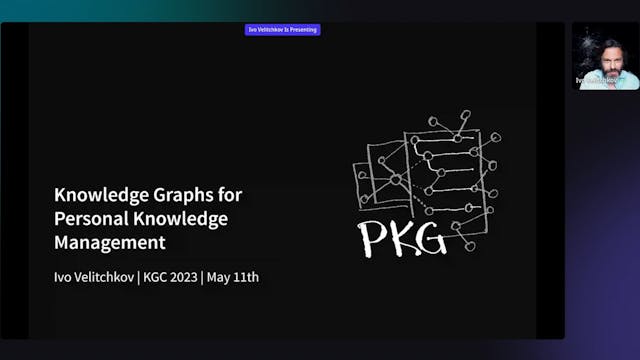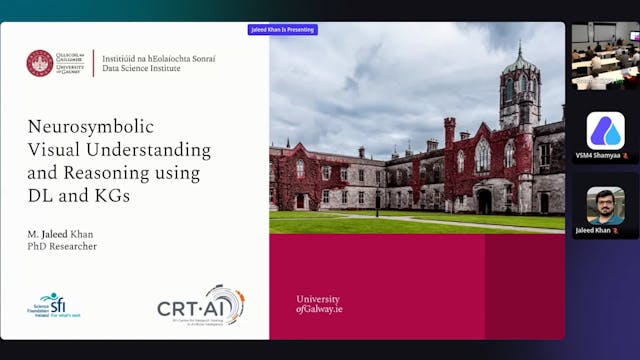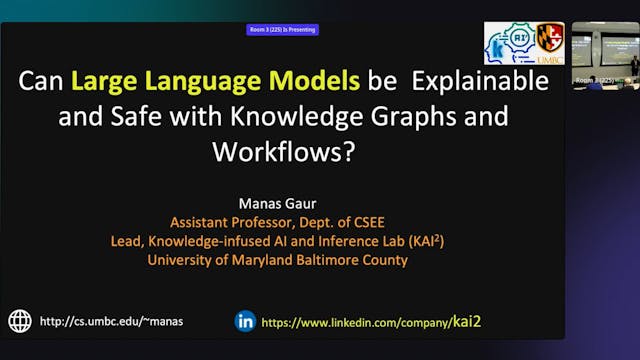Content Recommendation Systems: When Do You Need a Graph?
May 11 | KGC 2023
•
25m
Recommendation systems are at the heart of many products we use today, helping us discover new music, expand our wardrobes, and navigate the massive amounts of information on the Internet to answer our search queries. In a world where efficiency and accuracy is paramount, and processing power and availability of user data varies across industries, graph-powered engines and their ability to deliver continued performance at scale provide many advantages.
How are these recommendations determined? What conditions must exist in order to build a graph-based system that produces accurate, relevant results? What technologies are at play under the hood? Through the business use case of a leading national learning management system (LMS) in the healthcare industry, this presentation will answer these questions by providing an overview of the problem statement and the solution architecture, including technical dives into NLP taxonomy enrichment, knowledge graph development, and recommender logic.
Up Next in May 11 | KGC 2023
-
Knowledge Graphs for Personal Knowled...
Personal Knowledge Graphs graphs are a new and still marginal breed of knowledge graphs. But maybe they hold the biggest potential to revolutionize the way we work and think. We can even rethink personal computing. In this talk, Ivo will review the current state of play of PKG, bring some new per...
-
Neuralsymbolic Visual Understanding a...
Visual AI has made incredible progress in basic vision tasks using deep learning techniques that can detect concepts in visual scenes accurately and quickly. However, the existing techniques rely on labelled datasets that lack common sense knowledge about visual concepts and have biased distribut...
-
Targeted Knowledge Infusion To Make C...
Conversational Systems (CSys) represent practical and tangible outcomes of advances in NLP and AI. CSys see continuous improvements through unsupervised training of large language models (LLMs) on a humongous amount of generic training data. However, when these CSys are suggested for use in domai...



